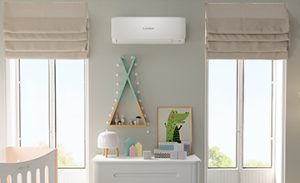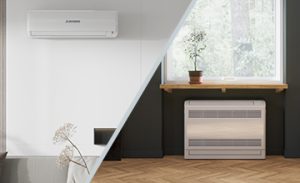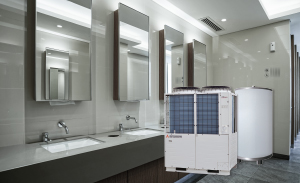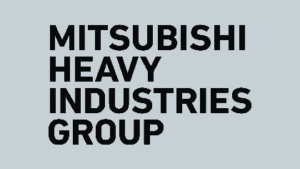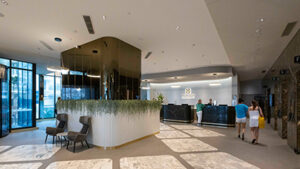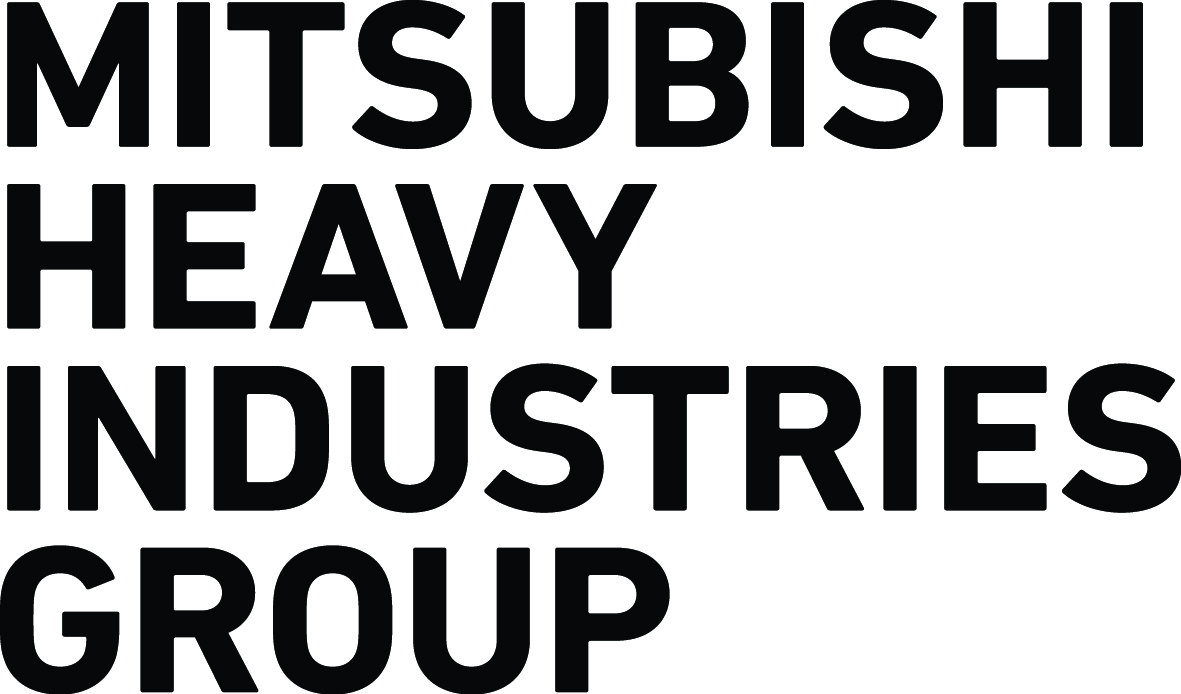MHI Thermal Systems’ Global Rollout of Low GWP Cooling & Heating Solutions
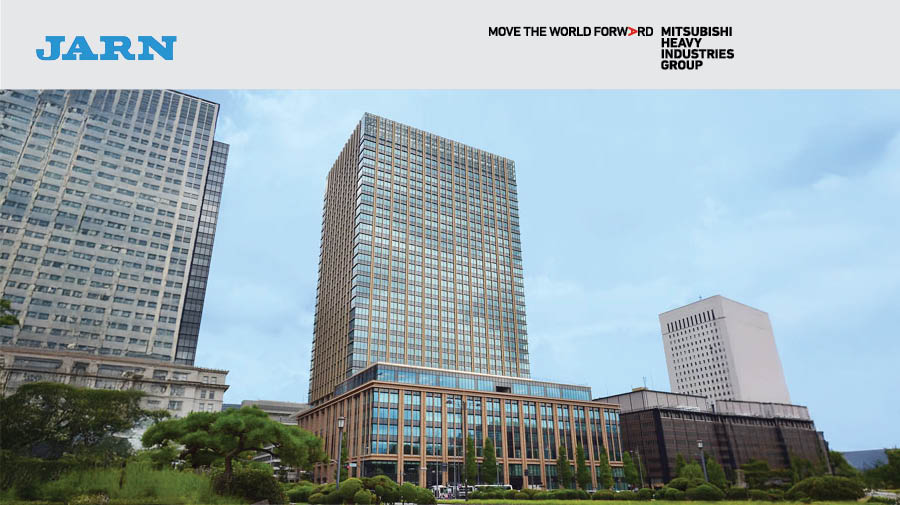 As demand for sustainable HVAC technologies continues to grow across the globe, Mitsubishi Heavy Industries Thermal Systems (MHI Thermal Systems) is spearheading a global shift toward low-GWP, energy-efficient cooling and heating solutions. In a recent interview with leading HVAC publication JARN, Yoshihiro Ito, President of MHI Thermal Systems, outlined the company’s latest innovations, production expansions, and environmental initiatives. These advancements are set to benefit markets worldwide – including Australia and New Zealand – where sustainability, efficiency and performance remain key drivers of HVAC system selection.
As demand for sustainable HVAC technologies continues to grow across the globe, Mitsubishi Heavy Industries Thermal Systems (MHI Thermal Systems) is spearheading a global shift toward low-GWP, energy-efficient cooling and heating solutions. In a recent interview with leading HVAC publication JARN, Yoshihiro Ito, President of MHI Thermal Systems, outlined the company’s latest innovations, production expansions, and environmental initiatives. These advancements are set to benefit markets worldwide – including Australia and New Zealand – where sustainability, efficiency and performance remain key drivers of HVAC system selection.
—
JARN: To begin with, could you tell us about the background behind the establishment of the MTH Factory No.1 in September 2024 as a new production base for your flagship centrifugal chillers?
Yoshihiro Ito (Ito): Our centrifugal chillers are used in a wide range of applications, including factories, large commercial facilities, hospitals, airports, district heating and cooling systems, and data centers. In the Japanese market, we hold the top share in terms of units sold, accounting for about 70%. In recent years, inquiries for our centrifugal chillers have been increasing, driven by growth in the semiconductor industry (represented by artificial intelligence applications and data centers) as well as economic recovery. This has led to an increase in production volume and longer delivery times. To address this situation and enhance production capacity, we constructed MTH Factory No.1 within the premises of MHI Kobe Shipyard & Machinery Works. The factory is now operating smoothly. We have improved the production processes, combining production facilities that were previously scattered and have reduced manufacturing lead times. In addition to this Kobe Works, we have a production site for centrifugal chillers in China, and we are working to flexibly allocate orders to ensure a massive production capacity across both sites.
JARN: Could you tell us about your initiatives to the data center market?
Ito: The data center market is extremely important to us. However, it is not something we can handle independently. Instead, we are building close and ongoing relationships with consulting engineering companies for example in the United States to deeply understand the specifications and design of data centers.
JARN: We understand that you recently won a large-scale district cooling order for a large-scale facility. Could you give us some details?
Ito: In October of last year, we received an order for large-capacity centrifugal chillers for a district cooling plant in Dubai, United Arab Emirates (UAE). The contract covers a total cooling capacity of 56,250 RT and includes an option for additional units, which, if exercised, would bring the total capacity up to 100,000 RT. In Saudi Arabia, we secured a major project in Makkah. Given the recent trend of tightening the government’s policy in that demand, we expect continued strong interest for centrifugal chillers in use for district cooling over the long term. We believe the latest order reflects a comprehensive evaluation of both our advanced technical capabilities and the quality of after-sales service for the units previously delivered, including our high-efficiency centrifugal chillers and other outstanding past results. We aim to build on this trust and track record and provide further enhancements to future orders.
JARN: Please tell us about your company’s environmentally friendly technologies.
Ito: True to the principle that all our products make a significant contribution to carbon neutrality, we are pursuing several initiatives. Such as renewable power consumption, high energy efficiency, adoption of low-GWP refrigerants, and less environmental impact, we develop heat pumps that directly reduce CO₂ emissions by replacing fossil fuel-fired boilers. To reduce power consumption using thermal energy, we use an aqueous thermal energy storage system for controlling MHI Group’s facilities such as Kobe Works. Cold water from our chiller units is stored in summer, during periods of surplus electricity. This system has now been decided to be introduced at other companies’ data centers and local governments.
Our commitment to environmental sustainability was recognised as well. At the Energy Conservation Grand Prize of the fiscal year (FY) 2022 for our HJTFV-H4/H1 series of air-cooled heat pumps and Q-ton Circulation (Q-ton C) commercial heat pump water heater using the low-GWP refrigerant R1234yf. In FY 2023, we received the Energy Conservation Center, Japan (ECCJ) Chairman’s Prize at the Commendation of the 2023 Energy Conservation Grand Prize for a high-capacity oil-free centrifugal chiller and applied silent operation in the production process at the compressor factory of our Biwajima Works in Kiyosu City, Aichi Prefecture, with an economisation of commercial heat pumps. I.
This facility has attracted increasing attention, with more visitors from within MHI Group companies as well as from customers, making it a valuable showcase for our carbon neutrality initiatives.
JARN: Please tell us about the state of heat pump hot-water heating systems and heat pumps at your company.
Ito: Yes. On hot-water heating systems, the heat pump water heater adopts CO₂ refrigerant and is equipped with our proprietary scroll-type two-stage compressor, a patented heat pump module. Unlike systems that use rotary compressors or traditional single-stage compressors, our compressor incorporates the mechanism of self-recompression that helps it efficiently lift both pressure ratios and, at a low compressor ratio, achieve a heat output pressure, with excellent heating, and high efficiency. The Q-ton is also highly reliable and is positioned as a strong alternative to combustion boilers in facility renewal plans. Although it was originally developed using one size only, it is now possible to simultaneously meet various facility needs. The Q-ton has widespread attention, partly because we are the market leader in this category with technology highly appreciated and expanding overseas. Around the time of Ukraine crisis, the European heat pump market rapidly expanded. Q-ton production volume tripled, with many orders we filled in Europe. In response we steadily scaled up Q-ton’s production volume. While the world has somewhat plateaued somewhat, we firmly believe the need continues. In the background are electrification and the need to decarbonise, and in the next few years, we will continue to expand Q-ton production, especially for commercial and industrial heat source use.
JARN: Your company has also released variable refrigerant flow (VRF) systems that adopt a low-GWP refrigerant.
Ito: In Japan, we launched the full lineup of the LXE series of VRF systems with a low-GWP refrigerant in FY2023. We are also rolling it out overseas. In Europe, part of the KXZ VRF series with this refrigerant was released in April 2023, and we plan to continue expanding the lineup moving forward. Since introducing the KXZ series in 2015, it has been one of our main products for air conditioning in large commercial and office buildings in many countries. Sales of heat pump VRF systems have also grown in the same areas.
JARN: Finally, could you tell us about your company’s environmental policies and activities?
Ito: Our thermal products are the foundation for solutions in MHI Group’s thermal business. These products and the businesses that produce them have always had a strong impact on the environment, and we believe this is a foundation business area where carbon reduction measures can and must continue to grow and gain both in brand. Under the MHI Group’s medium-term business plan for 2021 to 2023, the Group aims to expand its business through new initiatives such as increasing production capacity by launching the new MTH Factory in Kobe, and promoting sales of high-efficiency centrifugal chillers as well as key initiatives toward carbon neutrality, such as the development of heat pumps powered with natural refrigerants.
Beyond the Middle East and Asia, we are also currently focusing on business in other regions, such as the Americas and in attracting interest with the Asian ambition to increase net-zero, where our products are highly evaluated. Through this initiative, we will contribute to the realisation of a carbon-free and sustainable society.
—
MHI Thermal Systems’ commitment to carbon neutrality, product innovation, and high-performance solutions positions the company as a global leader in sustainable HVAC technology. As the Australian and New Zealand HVAC industry continues to evolve, MHIAA is proud to support this mission by delivering world-class commercial air conditioning solutions that are built for the future.
To learn more about MHIAA’s commercial solutions, visit our newly launched commercial website


